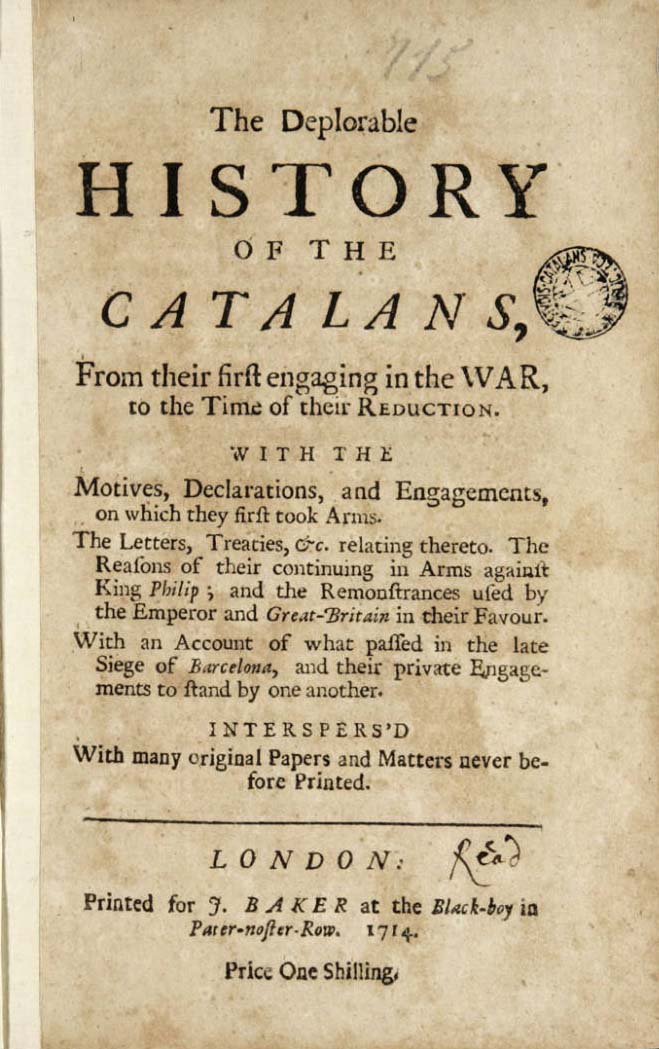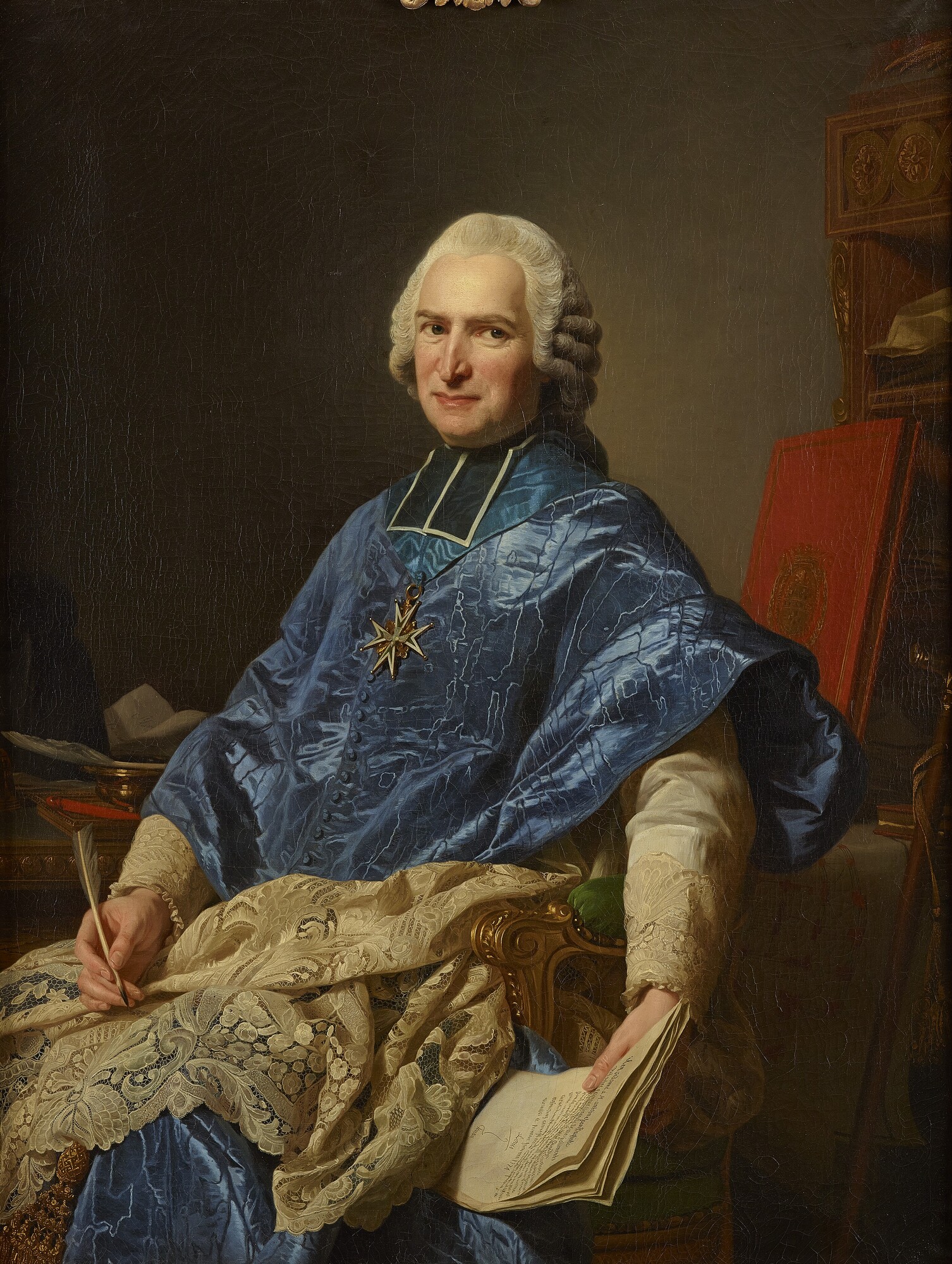"... percect security to the inhabitants ..." — Adam Smith
Most people think of Adam Smith as "the archetypal free-marketeer". As The Economist recently pointed out, this is one of the most persistent clichés in the history of economic thought. In fact, Smith is more concerned about the need for personal security than about the preeminence of free markets per se. In his world, the key to prosperity is "to make every individual feel himself perfectly secure in the possession of every right that belongs to him" (WN, v.1). This is why the words secure and security pop up so many times in the Wealth of Nations—a trait that was shared with Histoire des deux Indes [see].
* * *
In the "Digression on the corn trade" (WN, iv.5), Smith praises "That security which the laws in Great Britain give to every man that he shall enjoy the fruits of his own labour [...] and this security was perfected by the [1688] revolution [...] with freedom and security [...] In Britain industry is perfectly secure". Other countries only compound their problems when their bad economic policies are not "counter-balanced by the general liberty and security of the people [...] Industry is there neither free nor secure".
In his comparison of land property regimes across Europe, Smith again praises "the security of the farmer" and "the security of the tenant", which is second to none in England (Scotland is not mentioned). In other parts of Europe, "the term of their security" is limited and "the farmer is less secure" (WN, iii.2). His conclusion leaves no doubt about the primacy of security concerns over the advantages of free markets: "Those laws and customs so favourable to the yeomanry, have perhaps contributed more to the present grandeur of England, than all their boasted regulations of commerce taken together". Thus industry and security go hand in hand: "... when they are secure of enjoying the fruits of their industry, [individuals] naturally exert it to better their condition" (WN, iii.3).
According to Smith, the better condition of North American colonists, compared to those of French, Spanish and Portuguese colonies, is the natural result of "the perfect security" that the English government gave to "the inhabitants of so very distant a province" (WN, iv.7). But what are the factors that determine that perfect security? Smith deals with this issue towards the end of Wealth of Nations. His answer is disarmingly simple: judicial independence is the key to good government and security. Here's what I deem the most important passage of the entire book:
When the judicial is united to the executive power, it is scarce possible that justice should not frequently be sacrified to, what is vulgarly called, politics. The persons entrusted with the great interests of the state may, even without any corrupt views, sometimes imagine it necessary to sacrifice to those interests the rights of a private man. But upon the impartial administration of justice depends the liberty of every individual, the sense which he has of his own security. In order to make every individual feel himself perfectly secure in the possession of every right which belongs to him, it is not only necessary that the judicial should be separated from the executive power, but that it should be rendered as much as possible independent from that power (v.1).
Unsurprisingly, an independent judiciary leads to an increasing supply of credit. In Britain, government bonds are highly valued: "The security which [the government] grants to to the original creditor, is made transferable to any other creditor, and from the universal confidence in the justice of the state, generally sells in the market for more than was originally paid for" (WN, v.3) [1]. Thus, "more regular returns might be expected" in countries with sound judiciaries (WN, i.9). Smith is anticipating a now widely accepted view in finance: secure cash-flows command lower discount rates.
Brilliant stuff indeed.
[1] This idea comes straight from the first edition of Histoire des deux Indes, a book that Smith bought in London in 1773: "Les citoyens accoutumés à regarder la nation comme un corps permanent & indépendant, l'acceptent [le papier-monnaie] d'autant plus volontiers pour caution, qu'ils ont rarement une connoissance exacte de ses facultés, & qu'ils ont de sa justice une idée favorable, fondée ordinairement sur l'expérience. Avec ce préjugé, le crédit y est souvent porté au-delà des ressources & des sûretés. L'Angleterre en est la preuve, Il n'en est pas ainsi dans les monarchies absolues, dans celles surtout qui ont souvent violé leurs engagements" (HDI 1773, iv, p. 76) [see].
_____________








